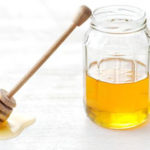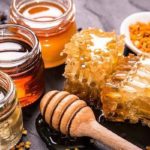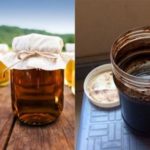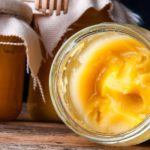Using Honey for Grilling

Honey is a fantastic ingredient to marinate meat, giving it an irresistible aroma when grilled. However, it’s important to note that honey is much sweeter than other marinades, so use it sparingly. When grilling meat in the oven, reduce the temperature by about 15 degrees Celsius to prevent over-charring.
Baking with Honey
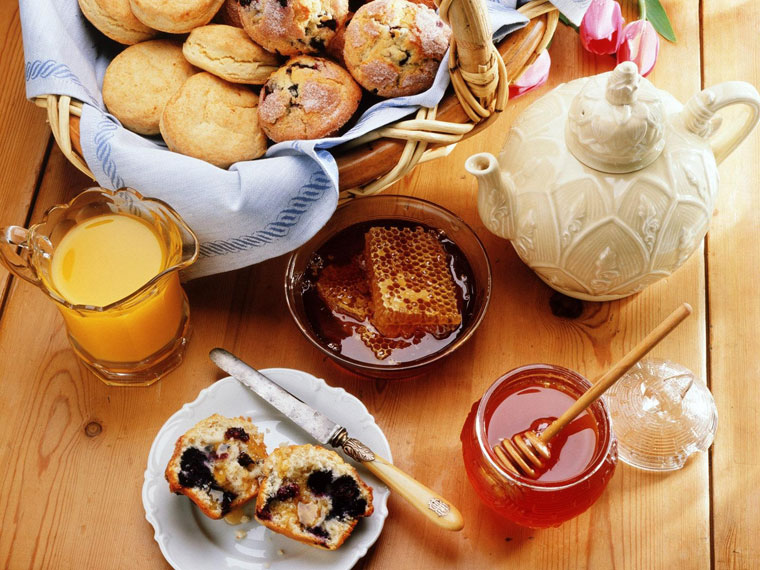
– Before measuring honey, lightly grease the measuring cup with oil or butter. This helps the honey slide out easily without sticking to the cup.
– If you’re substituting honey for sugar in a baking recipe, add a pinch of baking soda to the flour. This neutralizes the acidity in honey, preventing the baked goods from browning too quickly. Also, reduce the amount of liquid in the recipe by one-fifth, as honey already contains water.
– Honey is a humectant, meaning it attracts and retains moisture. So, if you want to keep your baked goods moist and fresh, honey is a great choice.
Honey in Smoothies
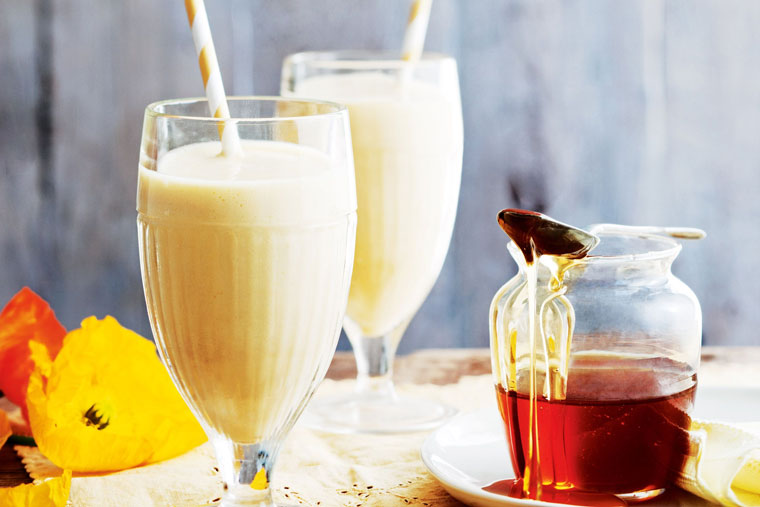
Add a touch of honey to your smoothies, fruit juices, or cocktails. It enhances the flavor without the need for excessive sugar.
Storage Tips for Honey
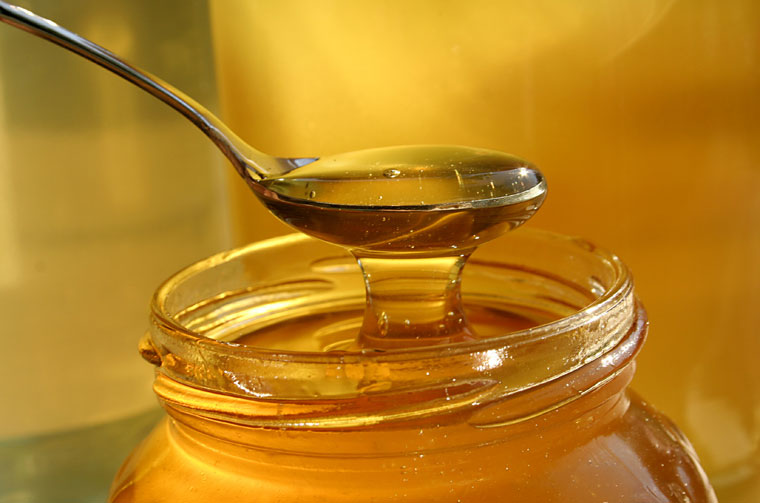
– Store honey in glass jars rather than metal containers, as metal can cause the honey to deteriorate and become toxic. Symptoms of poisoning include a bitter taste, nausea, and vomiting.
– Over time, honey may develop air bubbles as the high sugar content absorbs moisture, leading to deterioration. While it may not be completely spoiled, its shelf life will be reduced.
By following these tips, you can safely use honey in your cooking and enjoy its delicious flavor while maintaining your health.
The Secret to Proper Honey Storage: Avoiding the Turn to Toxins
Honey is a natural sweetener with a high calorie content and an abundance of vitamins and amino acids. What sets it apart is that it contains no fat, making it a healthier option and a potential aid in managing certain health conditions. To retain its nutritional benefits, proper storage of honey is essential, treating it with the same care as you would any other perishable food item.
Should You Refrigerate Honey?
Honey is a precious and versatile ingredient, with many wondering if it should be stored in the refrigerator. With its multitude of uses and benefits, it’s important to know how to properly store this liquid gold. Uncover the secrets to honey’s longevity and explore the fascinating world of this sweet treat as we delve into the do’s and don’ts of honey storage.

























